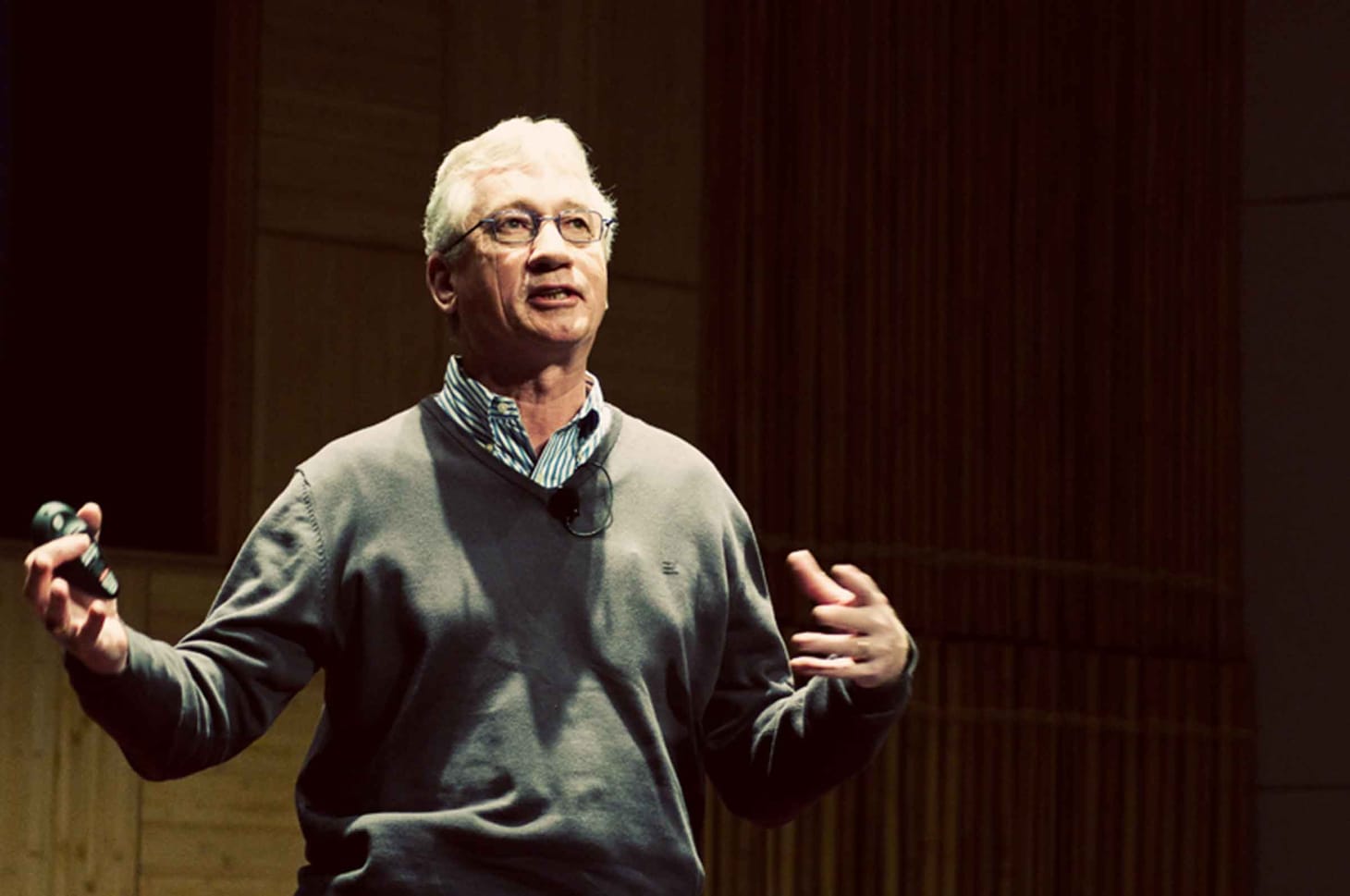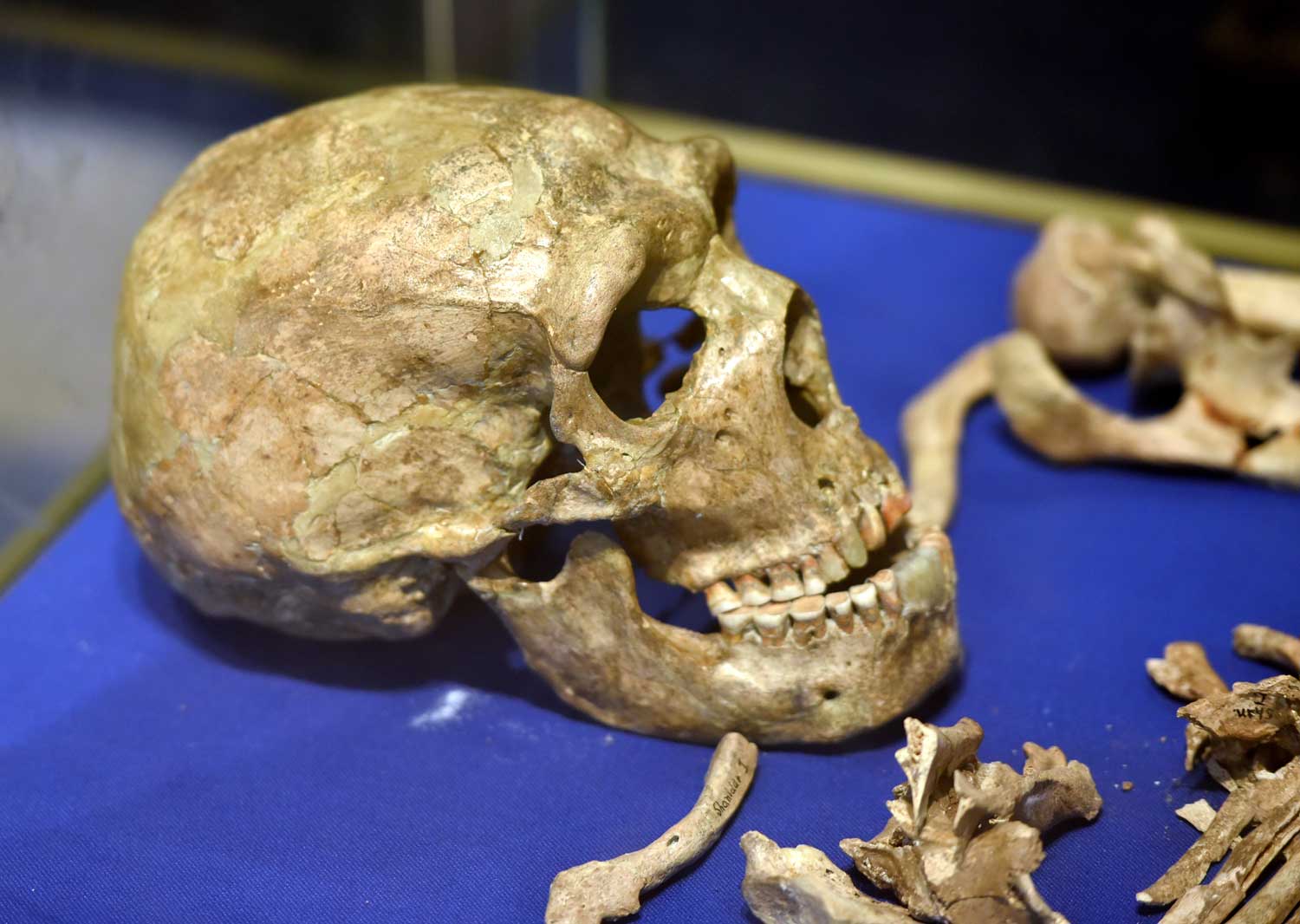Interview with Dr. Agustín Fuentes about primate cooperation and human origins
In this video I talk with the well-known primatologists about the ways that apes and monkeys can illuminate behaviors in our ancestors.
Dr. Fuentes is a researcher who has specialized in studying the social behaviors and ecologies of nonhuman primates. During the past decade, he has been working to build a better understanding of the behavioral setting of human evolution. I had the chance to sit down with Dr. Fuentes during a 2013 visit to the University of Wisconsin–Madison.
We had a wide-ranging conversation that drew upon Dr. Fuentes' history with nonhuman primates in Indonesia and Gibraltar. We talked about how to understand the success of some primate lineages and extinction of others, and he described the ways that niche construction theory may be important in human evolution.
John Hawks Newsletter
Join the newsletter to receive the latest updates in your inbox.



